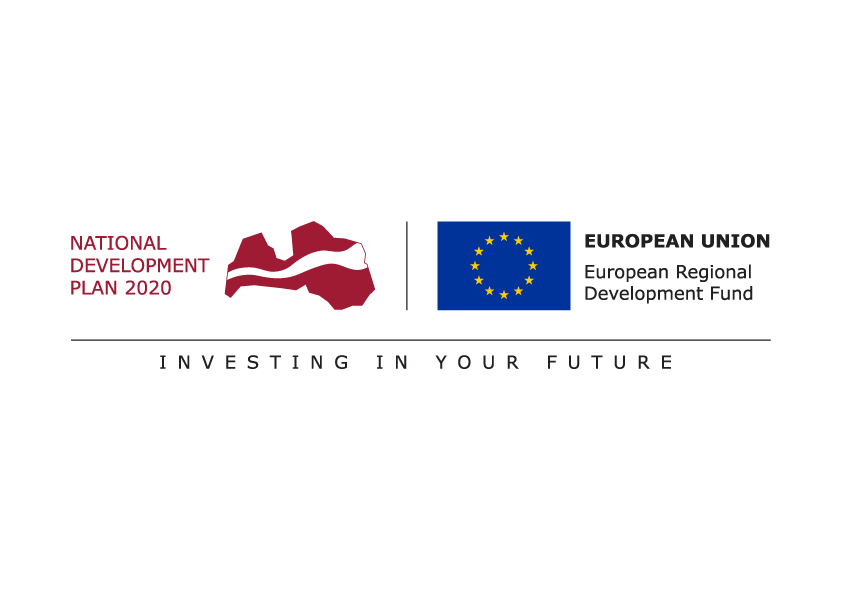Business & legal process
A website is a part of any company’s core infrastructure that provides important business processes – such as marketing, communication, sales, automation, analytics. A successful online business requires a well-developed business process and compliance with all applicable laws and regulations on storing, processing and communicating information.
Why WMC?
Toughness
Many years of experience in various types of projects and situations
Perseverance
No matter how difficult the task may seem at first, it can always be divided and won
Attitude
Explanation and compliance assessment from competent professionals – in a humane manner
Delving into
We delve into business processes and offer the latest technologies for a better solution
Simple. Understandable. Doable.
Well-designed marketing activities, automation and integrations can help you reach customers and stimulate demand. A serious business needs a serious business process for fast, accurate and error-free operations. Nobody is perfect, and the business process is therefore a long-term and very meticulous process, which needs to be done with a great deal of care to ensure that the result is simple for the client and is legally correct.
We will help you to understand and set up cross-system/process integrations and synchronisations for easy workflow and transparent process monitoring.

Something special
for agencies

Something special
for agencies
GDPR and data
At the very beginning, you need to describe everything that is being done and put the right consent forms in the right places. This is followed by application forms, marketing and analytical tools, a user cabinet, a profile and other tools that help entrepreneurs build their business better. Each of these has its own legal aspects and you need to make sure that the data is collected in a lawful way, that no one’s rights are infringed and that all applicable laws and regulations are complied with.
To avoid getting lost in the wide world of regulation, let professional IT lawyers deal with distance contracts, data protection compliance rules, policies and other necessary aspects.
Distanced trade
Any e-store or web platform that sells its services online to individuals must, in addition to all of the above, also ensure the protection of consumer rights.
Find out which relevant notices, consents, agreements and forms you need to include on your website to make it consumer-friendly in the context of applicable laws and regulations.

Something special
for agencies
We believe that a transparent and well-designed business process, as well as properly structured legal aspects, are potentially the most important element for an efficient and successful business development.
Consultations
Advice and help
Representation
Dispute resolution
Documents
Drafting and editing
Frequently asked questions
This is most easily illustrated by examples.
- Correct functioning of the email dispatch. Sending out newsletters is one of the most effective marketing tools. The law requires active consent from the recipient of the newsletter. There are also server performance, IP address spam security and analytics issues. Nobody wants to send emails and not see a return. You should also not put your website’s IP address on spam mailing lists. All this needs to be sorted out. You need to turn on the new mail engine, set up website integration, write the necessary policies, close mail streams, learn how to use analytical tools and run tests to make sure everything is working properly. By following the steps listed above, we can consider that the business and legal process of this marketing tool is in order.
- Processing of leads from the website contact form. For example, suppose there is a service request form on the website. When a website visitor completes it, a process takes place that can lead to a new partnership. The key question is: how does this process work? Does the person responsible only receive the application in the mail? Does the application contain all the information needed to start a quality communication? Are there clear responsibilities for all involved? Have different scenarios been played out to streamline the start of order execution? Does the process owner have control over the quality of communication? Are the legal aspects of communication covered? With all the above issues resolved, we can consider that the business and legal process of this instrument is in order.
- Chat box integration. The company would like to integrate a chat box on the website. There are dozens of different solutions to choose from. It is necessary to assess what processes can be initiated using this communication tool and to create a workflow that is easy for staff to use and understand. That’s where a business analyst comes in and provides insight. A decision is then taken on the right way to launch this new business activity with minimum resistance.
Nothing in the IT industry is simple. For seemingly elementary things, a certain level of detail leads to a huge number of related aspects. When you first encounter them, it is easy to take steps that you will then have to retrace and go in a different direction. To avoid this, it is useful to start by resolving the process issues and then move on to the technical design.
Business is very closely linked to law, and every entrepreneur should have a good lawyer whom they can ask for advice on drafting, reviewing, editing or concluding contracts. When moving your business online, there are many different legal aspects to get to know so that everything is legal and in order. Our team is made up of experienced professionals who know the specifics of the IT industry and the regulatory framework that goes with it, and will be able to help, advise and support you so you don’t have to worry about it.
We are used to pop-up windows on almost every website telling us about the use of cookies and ticking the consent box. Most people automatically or reluctantly try to close it as soon as possible without reading what it says, but it is important for both the host, who is obliged to ask for consent, and the visitor, who thereby consents to have his data monitored, to know what it is, what it does and how to use it properly.
Every processing, acquisition, storage and use of data requires, first, compliance with the principles of processing personal data and, second, the provision of general information regarding the processing of personal data, as well as doing so in an unambiguous, detailed, clear and comprehensible manner, in compliance with the laws and regulations on processing personal data. So, once there is personal data, there is a privacy policy. But don’t worry! We can help to explain and, if necessary, draft the privacy policy that is right for your business, so that the data processing you carry out is lawful and understandable.
GDPR is the abbreviation used for the Regulation (EU) 2016/679 of the European Parliament and of the Council of 27 April 2016 on the protection of natural persons with regard to the processing of personal data and on the free movement of such data, and repealing Directive 95/46/EC (General Data Protection Regulation) The Regulation governs the processing of personal data relating to natural persons by undertakings, organisations or individuals within the European Union. Importantly, the Regulation does not apply to the processing of data of legal persons, but will apply to data of employees, representatives and authorised persons of legal persons (companies and institutions).
















